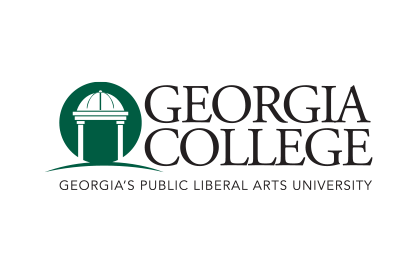Project Title
Mapping a Participatory Digital History of Baldwin County’s Waste Memories
Faculty Mentor(s) Name(s)
Doug Oetter
Abstract
The collective memory of Baldwin County's economic development over 220 years includes many lasting scars of environmental and social injustices. Our project implemented geographic information science (GISc) technologies to help capture and display locally gathered data about specific sites of interest and their historical records. We gathered public information to inform a standardized basemap, so that community members could then actively contribute additional details regarding locations where pollution, trash, and social or environmental injustices took place. Three distinct collection techniques were developed and tested: paper maps on a large round table, a large-format electronic display operated by a trained GISc analyst, and personal hand-held devices using cloud datasets and applications. We presented our basemap and collection methods to a test group and evaluated the most effective methods for individuals with different skill levels and backgrounds. The methodologies will be used in a future public participatory event related to the Georgia College Sustainability Symposium. This project will culminate in a digital history of Baldwin County waste memories, useful to inform and direct local governance and development.
Mapping a Participatory Digital History of Baldwin County’s Waste Memories
The collective memory of Baldwin County's economic development over 220 years includes many lasting scars of environmental and social injustices. Our project implemented geographic information science (GISc) technologies to help capture and display locally gathered data about specific sites of interest and their historical records. We gathered public information to inform a standardized basemap, so that community members could then actively contribute additional details regarding locations where pollution, trash, and social or environmental injustices took place. Three distinct collection techniques were developed and tested: paper maps on a large round table, a large-format electronic display operated by a trained GISc analyst, and personal hand-held devices using cloud datasets and applications. We presented our basemap and collection methods to a test group and evaluated the most effective methods for individuals with different skill levels and backgrounds. The methodologies will be used in a future public participatory event related to the Georgia College Sustainability Symposium. This project will culminate in a digital history of Baldwin County waste memories, useful to inform and direct local governance and development.

